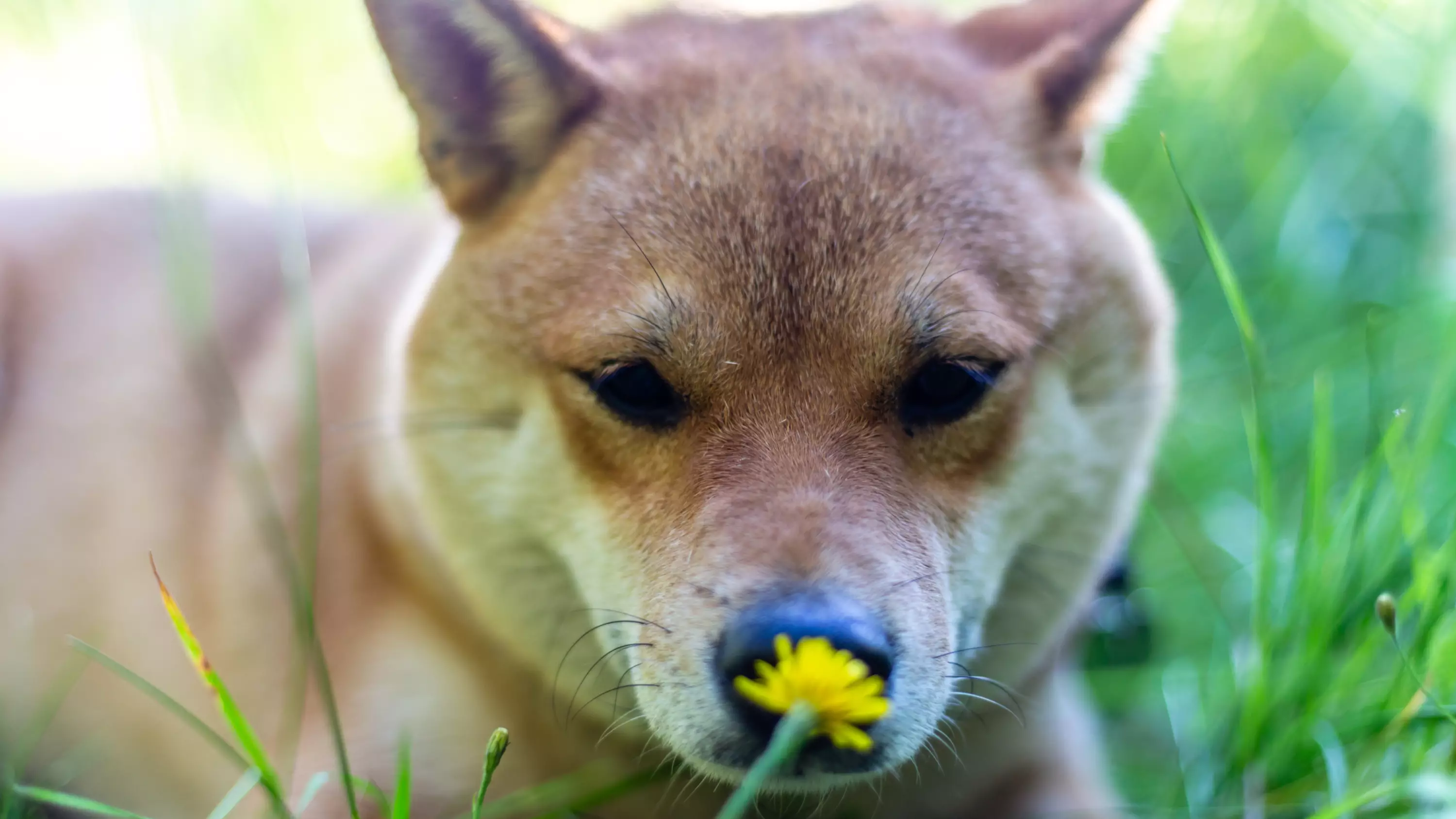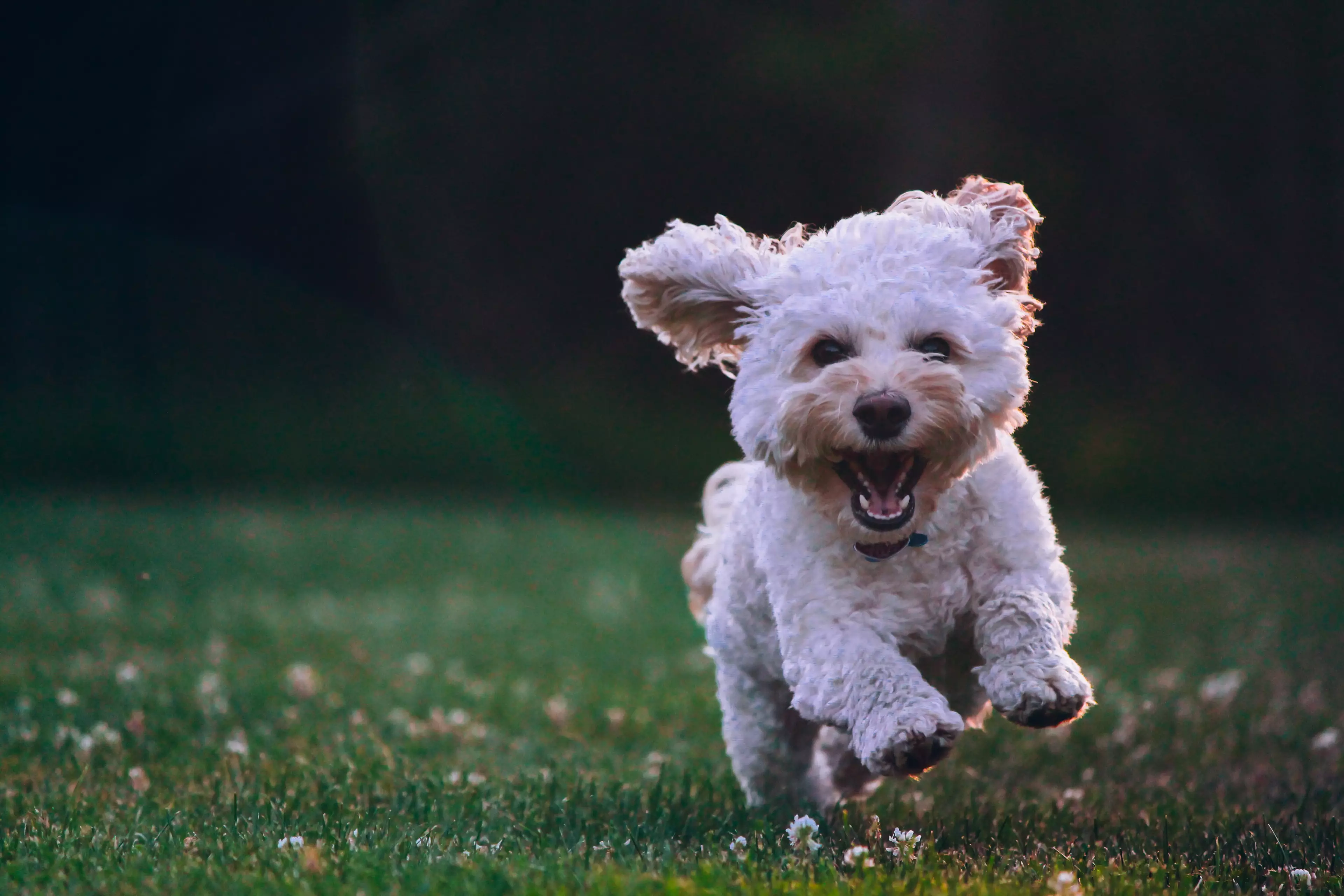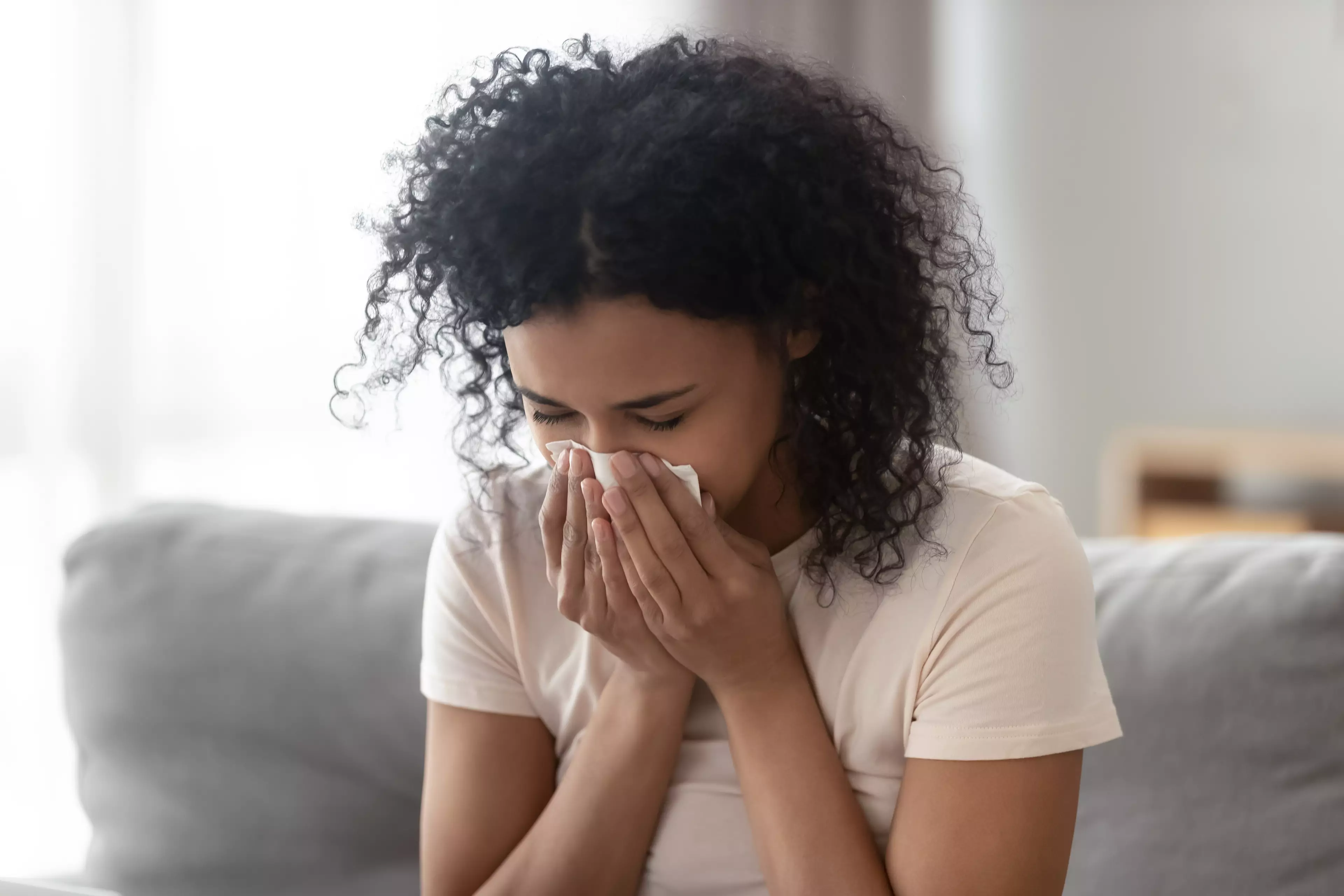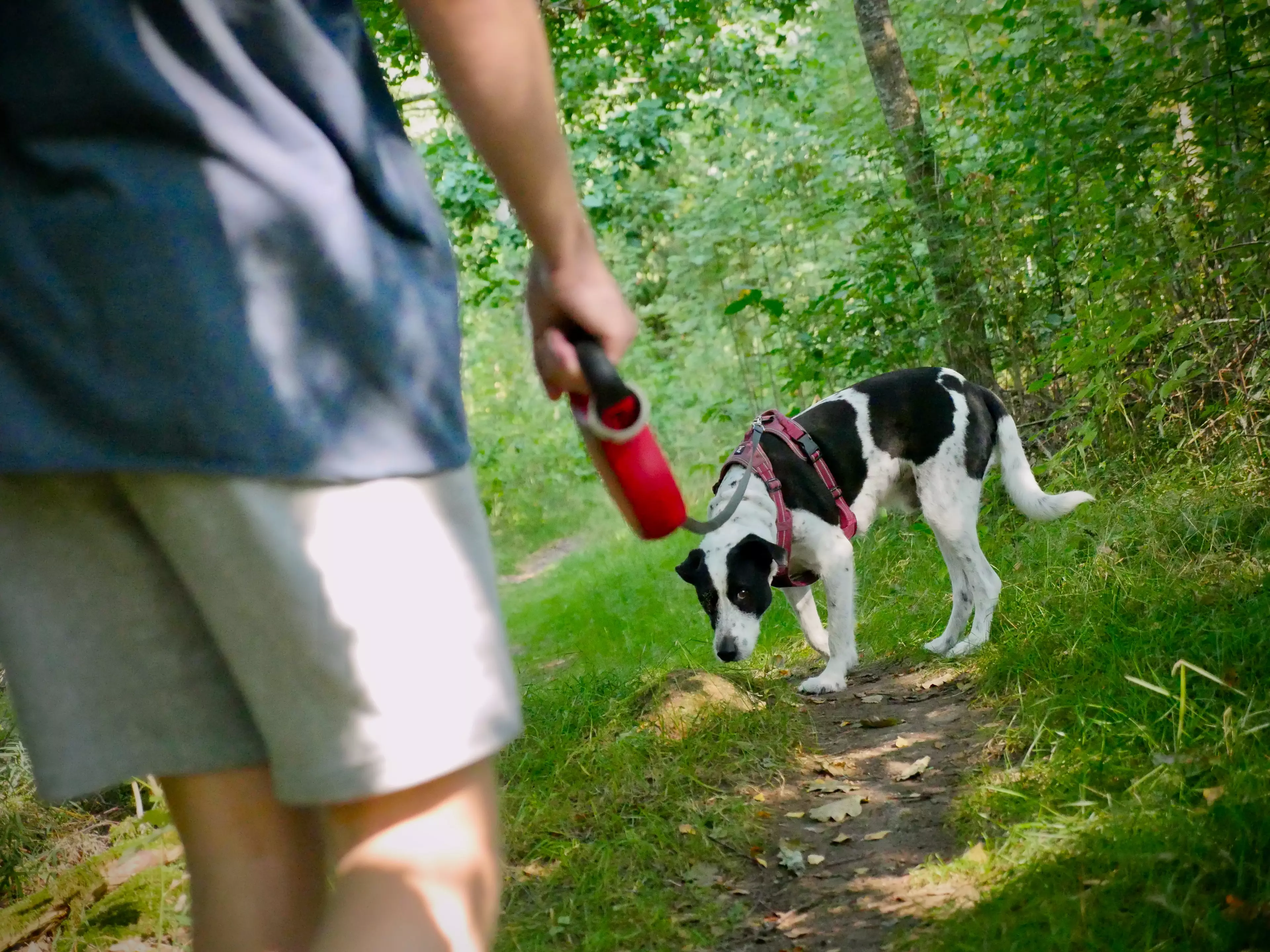
Did you know dogs can also suffer from hay fever?
Yup, just like humans, our canine fur babies can also feel the adverse effects of the high pollen count. But how do we know if they are suffering? And what can we do about it?

Just like humans, dogs suffering from hay fever show symptoms such as frequent sneezing; irritated, itchy, red or runny eyes and a runny nose.
Advert
Animals suffer from allergies in the same way we do, and with the pollen count increasing in the spring and summer months, you may notice an increase in your pet's symptoms.
As well as a runny nose and sneezing, they can also exhibit increased itching or biting at the skin.
Dogs don't have to show all the signs of hay fever to be suffering, and it's common for our pooches to only develop irritation of the skin, as opposed to symptoms we more commonly associate with hay fever, such as watery eyes.

According to pet food brand Purina, some breeds are more susceptible than others. These include Dalmatians, Irish Setters, Poodles, Schnauzers and West Highland Terriers.
Advert
So how can we help our dogs if they are suffering from hay fever?
While it's not possible to cure hay fever in dogs, there are some treatments that can help alleviate the troublesome symptoms.
It's always best to consult your vet if you're worried about your pooch's hay fever. They can prescribe eye drops or nasal sprays. Other treatments, such as injections, are also available if your dog's hay fever is particularly severe.

Simple changes around the house and garden can also help.
Advert
When the pollen count is high, try to keep the grass regularly mowed and make sure you're hoovering and washing your pup's blankets regularly.
It's also helpful to walk your dog either earlier in the morning or later at night, when the pollen count is at its lowest. Regular grooming such as brushing and wiping your pooch should also help.
Featured Image Credit: Shutterstock